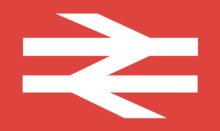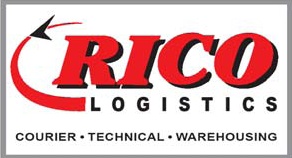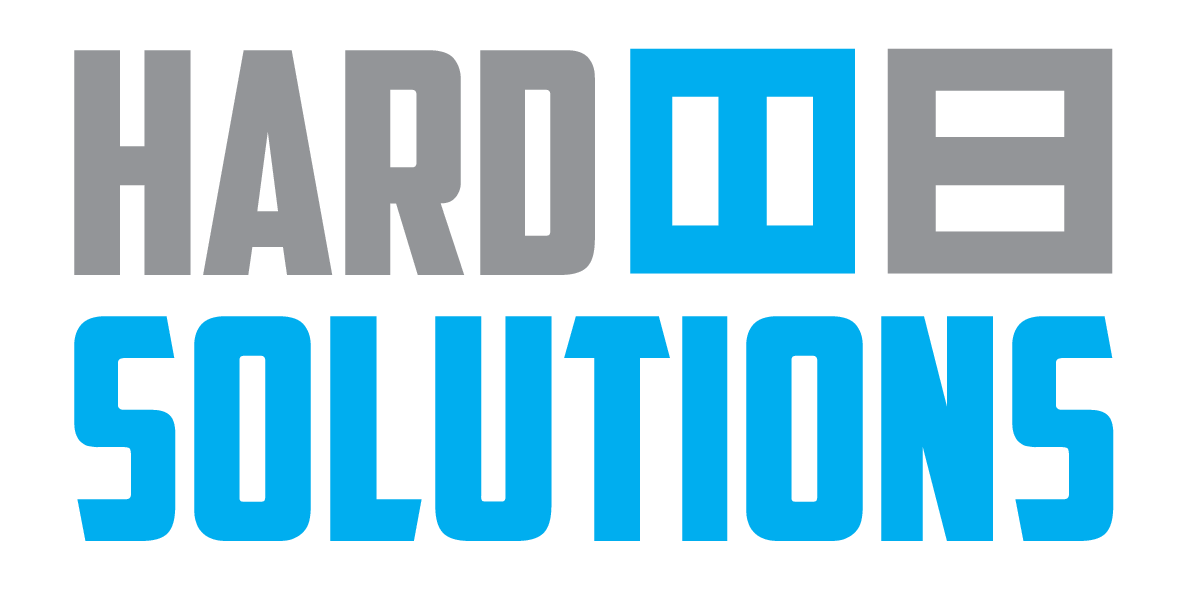About me
A little bit about my professional career.
My career in IT
My initial exposure to computing was at school, using an ancient teleprinter, hooked via an acoustic coupler to a remote mini computer provided by the education authority. I also spent some time helping to run an evening class, training adults to work with computers ... back in the days when the ZX Spectrum was the most common machine to be found in a UK house. The domination of IBM PCs (and clones), with Windows was still some time off.

My IT career began with British Rail (at the time, still a publicly-owned company) in the British Rail Computing division. My time was primarily spent working on a variety of real-time reservation and ticketing systems - from British Rail's own CRS (Computer Reservation System), Sealink's STARS (Sealink Ticketing And Reservation System), to ERS, which was responsible for reservations and ticketing on the Channel Tunnel. All of these systems, to a lesser of greater extent, ran under IBM's TPF/MVS product. This product began it's life as the Airline Control Programme (ACP) delivering the American Airlines huge SABRE service, before under-going a shift of focus to execute under MVS as ALCS (AirLine Control System). For technical elegance, TPF takes a lot of beating ... not least because it insists on limiting the application programmer to a 4K execution module, written in Assembler (IBM's HLASM product).
During my time at British Rail I moved from being a trainee programmer, through analyst programmer, and on to systems designer, including some time as both a resource pool manager, assembler trainer, project manager, and business analyst. Eventually, my time came to an end following a two-year stint working on a SAP project. Although SAP is an interesting product in its own right, encapsulating an impressive data dictionary at its heart, there wasn't enough technical challenge there for me, so after nine years with BR I handed in my notice.

I joined Experian (then the "CCN Group") as a senior analyst programmer, and spent my early career there working within the 'Interfaces' team. This involved maintaining the lower-level access routines which provided the path into consumers' credit information. This was the shell which ensured Experian upheld its data compliancy responsibilities. In the years that followed I went on to work more in the credit application processing systems - those responsible for the initial checking when credit applications were made, and work on the anti-fraud products. I eventually ended up in the more upstream areas of the company, dealing with R&D and future innovations. Although not the most rewarding time of my career, it did expose me to some stiff design challenges: designing a 24x7 solution for a major client in five days; architecting and building a secure Web Services interface into the Experian mainframe services; designing a database to hold identity details for the entire UK adult population. All big problems, with decent solutions found.

At Experian the systems were again mainframe based, but used the IBM CICS family of products. This is by far the most popular of IBM's transaction processing products, and still sits behind probably half of the financial transactions executed in the world today. It lacks the elegance, and resilience of TPF, but has a simple architecture, and is a much more flexible application server, as easy to run as a web server, as any distributed platform you are likely to encounter. And well understood, and excellently supported, both by IBM and by the community of technical users.

Following a brief career break, where I advanced a lot of my personal projects, I have joined Rico Logistics as a technical architect. This is a privately-owned logistics and technical courier company, with predominently managed services supplied by third-parties. Like many SMEs that have have grown rapidly, they now need to rationalise their IT function, to align it better with their business aims. The difference from larger concerns isn't as great as one might think, and maybe this reflects the overall lack of maturity within IT at the moment. I think it will provide many new and interesting challenges.

After three years at Rico I felt that I'd achieved all I was likely to there. I'd built a number of different websites, fought with web browsers from pre-IE v6 up to Chrome, and spent some time developing quite a robust message broking system. I'd figured out how to build secure Linux servers with Mail servers, FTP servers, solid remote backups, and server monitoring such that the servers pretty much looked after themselves. My experience of Ruby was greater, and I was pretty good on both HTML and CSS by now. Having a good 25 years behind me across a whole range of disciplines, I thought it was a good time to stop working for other people, and start working for myself, and thus Hard Solutions was born. I'd already created a holding website shortly after leaving Experian, so this was a good opportunity to re-visit and improve what was there.
A decision I needed to make was whether to operate as a limited company or as a sole trader. In the end I decided a sole trader was the better option - it means you can access your income directly without having to 'pay' yourself, and company bank accounts are worse (even) than personal accounts for costs and savings rates. If revenue were suddenly to increase then company tax rates / VAT reclaiming might require that decision be amended, but for now, sole trader it is. By only working on fixed-price contracts for specific items of work I've avoided the typical IT "contractor" tax problems that stem from effectively being a permanent employee. I work primarily from home, and costs are fairly low. The software I've bought has been purchased for me as an individual, rather than on behalf of the company, and licenses permit commercial work to be produced under that license. Obviously you have to go and find your work in this world, and deal with tax, NI, sick pay, etc. on your own, but these aren't tricky problems. I am now learning a lot more about mail servers (as MTA, MDA, LDA, ... and front-ends) and have expanded my programming language knowledge.
The days are better.
Trademark Disclaimer
Product names, logos, brands, and other trademarks featured or referred to on this page are the property of their respective trademark holders. These trademark holders are not affiliated with me, or this website.



 Contact
Contact